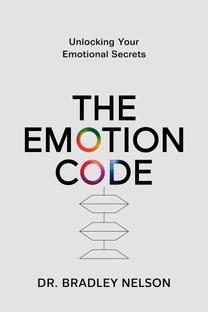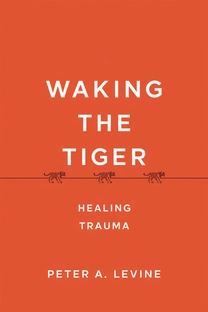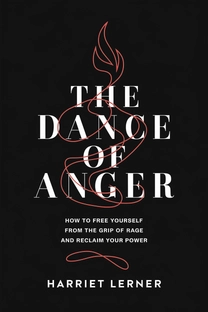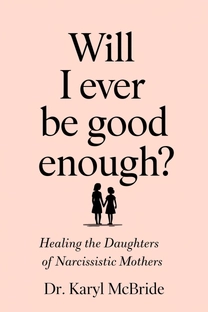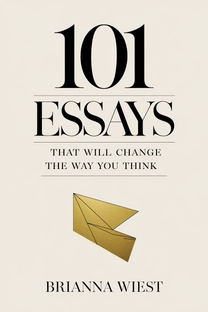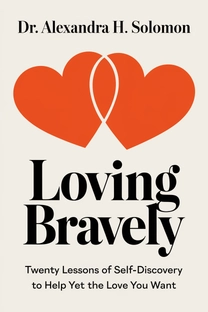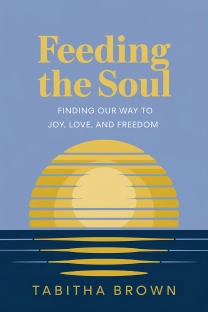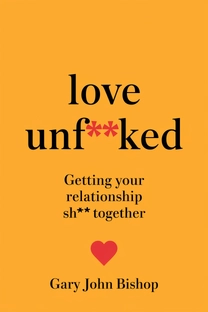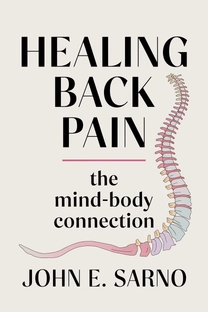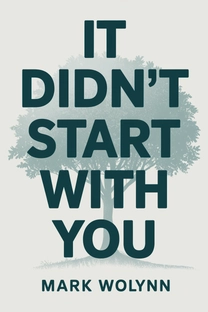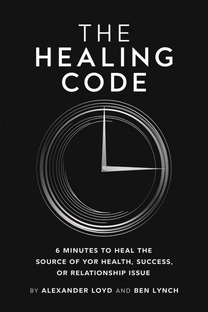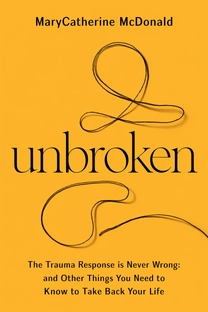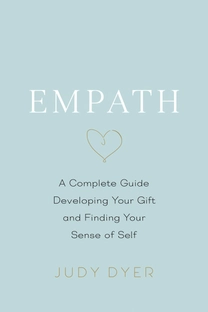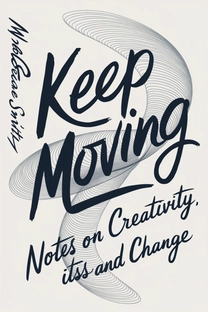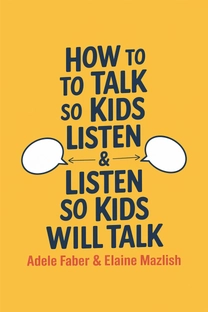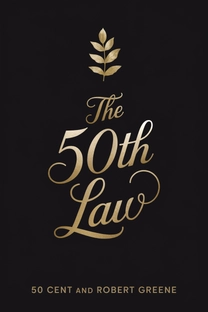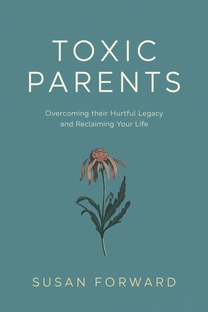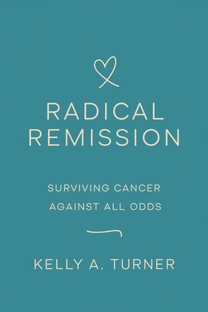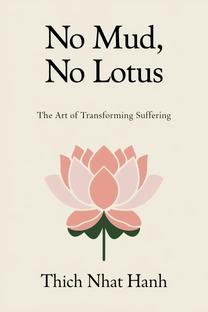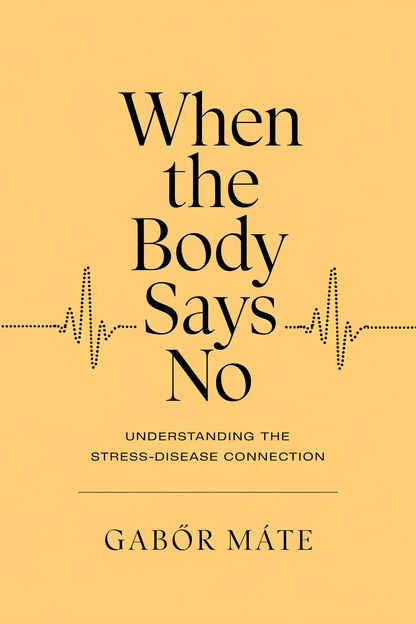
When the Body Says No
The Cost of Hidden Stress
by Gabor Mate, MD
Brief overview
This book explores how hidden, unacknowledged stress can silently shape our health and lead to chronic illness. Through case studies and scientific research, it shows how repressed emotions and unmet needs can undermine the body’s normal mechanisms. By understanding and honoring our own boundaries and emotions, we can begin to restore balance and well-being.
Introduction
Imagine a friend who appears to manage everything with ease—supporting family, smoothing conflict, and never complaining. Now imagine that this friend suddenly develops a chronic condition with no clear medical explanation. This book addresses cases just like that, describing how hidden emotions and unrelenting stress can damage our health over time. Based on real stories and scientific evidence, it links suppressed anger, fear, or sadness to illnesses such as multiple sclerosis, cancer, and autoimmune disorders. The premise is that emotional repression confuses our bodies, making it harder for us to defend against viruses, inflammation, or even runaway cells. The core message is that human physiology and psychology are deeply intertwined. Our early experiences shape patterns of behavior, while everyday pressures reinforce them. We may not notice how severely we’re impacted until disease forces us to pay attention.
Right from the first pages, the book shows us the common thread: stress isn’t just “nervous tension” or big life events like divorce or job loss. It is anything that threatens our sense of self—especially when we habitually ignore our own needs or swallow our anger. By learning to detect these subtle stresses, we can take steps to prevent or reverse their damaging effects.
In this introduction, we see how the author’s concentration on real patient stories illuminates the invisible traps many of us fall into: constant caregiving without rest, the need to please, or the fear of confrontation. We’ll discover that acknowledging and expressing our emotions may be as vital to health as rest, exercise, or a balanced diet.
The Hidden Roots of Stress
From birth onward, our environments mold our emotional responses. Some children learn early to anticipate everyone else’s needs—often because they’re unconsciously trying to keep the family stable or avoid angering a parent. As they grow, they become adults who ignore their own stress signals. The concept of *proximate separation* is introduced here: a child can be physically near a parent but feel emotionally distant. This absence of attuned support leads to confusion around acceptable feelings. Such a child may avoid showing frustration or sadness. Over time, that child grows into an adult who struggles to know what genuine self-care looks like.
Research proves that early stress exposure can rewire our nervous and immune systems, priming us to remain on high alert. The repeated cortisol surges and changes in inflammatory markers can pave the way for autoimmune conditions or other chronic illnesses. Many of the book’s examples illustrate that while genetics matter to some degree, our environment powerfully guides whether or not certain genes will actually manifest as disease. Factors like emotional burdens, trauma, and suppressed grief can turn genetic predispositions into real, medically diagnosed problems.
This section makes it clear that stress isn’t a random force: it’s a physiological set of events triggered when we feel threatened. If we never address the root threats—like missing validation or internalized obligations—we stay stuck in a continuous loop of physiological tension.
What is When the Body Says No about?
"When the Body Says No: The Cost of Hidden Stress" is a revelatory exploration into the unseen impact of stress on our health. Authored by Gabor Maté, MD, this book delves into how unfelt emotions, especially those rooted in early life experiences, can contribute to chronic illnesses. Through a tapestry of case studies and cutting-edge research, the book unfolds the intricate connections between repressed emotions and physical health. Maté unveils how ignoring our mental state can awaken physiological disturbances, challenging the dichotomy of mind and body.
Central to the book are the themes of emotional suppression and its silent impact on the body. By appreciating the complexities of psychoneuroimmunology, readers can uncover the universe where emotions manipulate bodily health. The book heralds a progressive stance that recognizing and honoring individual emotional realities is pivotal to restoring balance and preventing chronic ailments. Offering strategies for self-awareness and boundary-setting, it empowers individuals to reclaim stronger, healthier lives.
Review of When the Body Says No
In "When the Body Says No," Gabor Maté adeptly illustrates the unique interplay between stress and health, blending profound insights with compelling real-life narratives. One of the key strengths of the book lies in its ability to translate complex scientific concepts into accessible and engaging prose. It unveils secret landscapes of emotional and physical interconnections that many professionals overlook, affirming the importance of emotional honesty for maintaining good health.
The practical applicability of the book is unparalleled. Maté sheds light on the tangible ways stress pervades everyday existence, emphasizing the need for self-awareness and acceptance. He offers readers concrete strategies for identifying and managing stress, such as recognizing the signs of emotional suppression and safely expressing pent-up emotions. Moreover, the chronicling of cases where repressed emotions lead to illnesses such as cancer and autoimmune disorders illuminates the price of ignoring emotional suffering.
Maté's narrative style is comforting and down-to-earth, making the book accessible to a broad audience beyond health professionals. Its target audience includes those battling chronic stress, caregivers, and individuals curious about the holistic dynamics of health. Ultimately, the recommendation is clear—readers seeking a deeper understanding of how stress affects the body will find this book insightful, essential, and transformative.
Who should read When the Body Says No?
- Healthcare professionals seeking an integrative perspective on patient care and the influence of mind-body connections.
- Individuals experiencing chronic stress or illness who want to understand the emotional factors that may affect their health.
- Caregivers striving to understand the emotional impact of caregiving on physical well-being.
- People exploring holistic health approaches and interested in how emotional wellness can enhance physical health.
- Readers curious about the evolving scientific insights into the relationship between stress and physical illness.
About the author
Book summaries like When the Body Says No
Why readers love Mindleap
10-Minute Book Insights
Get the core ideas from the world's best books in just 10 minutes of reading or listening.
Curated For You
Discover your next favorite book with personalized recommendations based on your interests.
AI Book ExpertNew
Chat with our AI to help find the best book for you and your goals.
Reviews of MindLeap
Love how I can get the key ideas from books in just 15 minutes! Perfect for my busy schedule and helps me decide which books to read in full.
Alex R.
The summaries are incredibly well-written and the audio feature is perfect for my commute. Such a time-saver!
Jessica M.
Great app for personal growth. The insights are clear and actionable, and I love how they capture the essence of each book.
Chris P.
The app is beautifully designed and the summaries are top-notch. Definitely worth every penny!
Sarah K.


